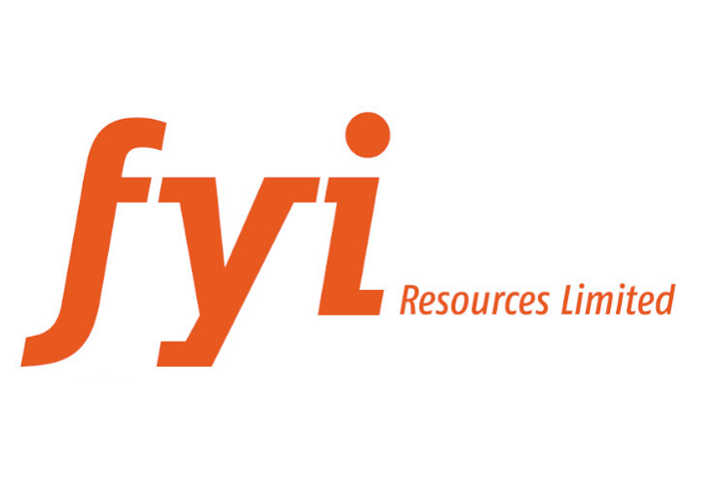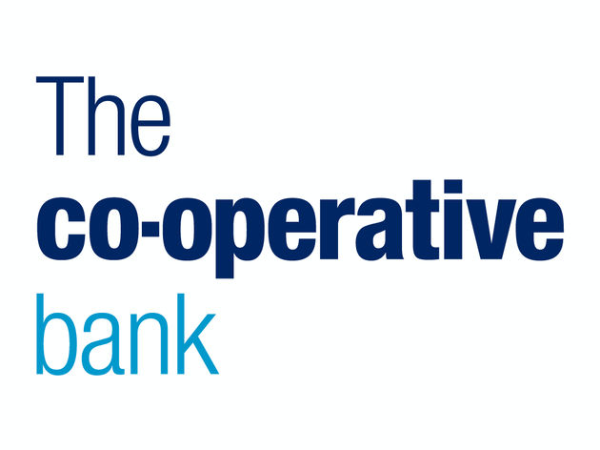What’s Happening in Sustainable Finance: Innovative Finance Instruments Breaking Ground, Use of Proceed Bonds Back in Vogue, and More
Could innovation help the sustainable finance market rebound in 2023? Will scrutiny of linked instruments continue to push investors back to use of proceed transactions? We tackle these topics and more in our latest episode.
Inconsistent Definition of ‘Sustainable Investments’ Across EU Regulations Could Cause (Unintentional) Greenwashing
The absence of clear parameters to support the regulatory definition of sustainable investments has pushed market participants to make judgment calls leading to diverging investor approaches.
EU's Iterative Approach to Sustainable Finance Regulations Isn't Perfect, But It's a Good Start
The EU Action Plan for Sustainable Finance has kept the European investment market busy over the past year. In this blog post, we highlight the merits that we see in the EU regulatory package. While not perfect, the regulation is a good start.
What’s Happening in Sustainable Finance: On the Horizon for 2023, Reporting on Financed Emissions for Sovereign Debt, and More
Despite ending 2022 on a low note, there is optimism for the global sustainable finance market in 2023 as sustainability is still a key issue for investors, issuers and governments and remains closely tied to capital markets.
The Role of Sustainability-Linked Financial Instruments in Heavy Industry Decarbonization
With the effects of climate change looming, governments and organizations of all stripes need to work with carbon-intensive industries and invite them to participate in global decarbonization efforts. This can, in part, be achieved through sustainability-linked instruments.
Carbon Emissions Data for Investors: Closing the Reporting Gap and Future-Proofing Estimations
Despite improvements in the quality and quantity of carbon emissions reporting from companies, significant gaps remain. Discover the current state of emissions disclosures, learn the advantages and disadvantages of widely used estimation models, and discover the approach underpinning Sustainalytics' Carbon Emissions Data product.
What’s Happening in Sustainable Finance: Climate on the International Agenda, New Instruments to Support Emerging Markets, and More
Climate change and adaptation are high on the international agenda. Listen to learn how the outcomes from COP27 and COP15 could influence sustainable finance markets and get a rundown of recent notable market transactions.
An Introduction to the Circular Economy: A Beginner’s Overview on Transforming Production to Minimize Waste
This ebook looks at the circular economy through an ESG lens, exploring why it is gaining traction with governments and businesses, emerging challenges during this transition, and what potential solutions look like.
How a High Street U.K. Bank Reflected Its Values and Ethics Through ESG Ratings and Reporting
By receiving an ESG Risk Ratings License from Sustainalytics, The Co-operative Bank could better communicate how its ESG Risk Rating reflected its values, policies, and programs around environmental, social, and corporate governance (ESG) issues.
The Sustainalytics Podcast | Cybersecurity and Data Privacy in Focus: Cyberattacks and ESG
In this episode of the Sustainalytics Podcast, our experts explore cybersecurity and data privacy trends, how cyberattacks affect bottom lines, and why companies should invest in robust cybersecurity and data privacy policies.
Sustainability-Linked Financial Instruments: Creating Targets and Measuring Your Company's Performance
Sustainability-linked bonds and loans have begun to gain more attention. This blog post takes a closer look at key performance indicators (KPIs) and sustainable performance targets (SPTs) that must be kept in mind while opting for these instruments.








.png?sfvrsn=2eecdd86_0)





.tmb-thumbnl_rc.png?Culture=en&sfvrsn=32dbabe_4)



